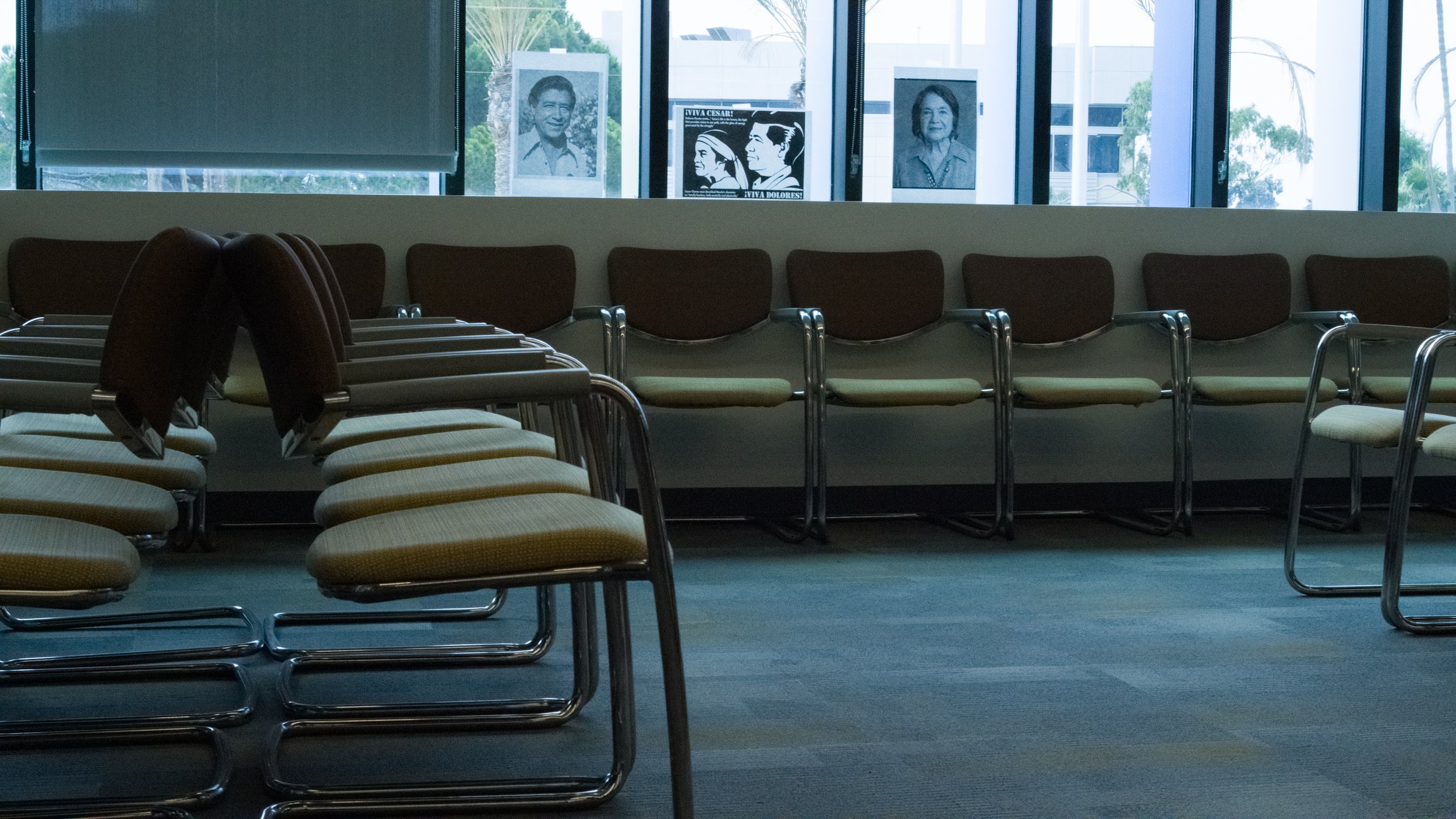Future of DACA Remains Uncertain
Obama’s Deferred Action for Childhood Arrivals (DACA) policy’s fate remains in jeopardy as the U.S. 5th Circuit Court of Appeals continues to uphold the appeal that the policy is illegal.
A Texas court upheld the Obama-era Deferred Action for Childhood Arrivals(DACA) policy as unlawful, leaving thousands of dreamers wondering what comes next.
On July 15, 2012, the Obama Administration announced the creation of the Deferred Action for Childhood Arrivals policy through executive action bypassing congressional vote. The program offered undocumented immigrants who were brought to the United States as children protection from deportation as well as limited authorizations to work in the U.S. DACA does not grant citizenship.
As an immigrant from Guatemala, Miguel T. had very few options to continue a higher education after graduating high school. He considered taking a job at a construction company instead of attending college and following his dreams of becoming a computer scientist. He found a new opportunity to continue his education through DACA. A few weeks before Miguel’s graduation in 2012, he applied for the program and he continues to renew his application every two years.
He said, “We want to work. We want to learn. DACA allows for this. It’s not a handout, it's a program for immigrant children to get an education and get to work. Yet it’s being treated like a political pawn with one party using it to secure election and the other to get back at the other party. It’s our future that’s being jeopardized here.”
Following Donald Trump’s Presidential election, a series of lawsuits against DACA ensued during September 2017 and on May 1, 2018 Texas and other states challenged DACA by filing the case Texas v. United States. Assigned to Judge Andrew Hanen, who ruled that the Obama administration had not followed proper procedure in launching the program when he bypassed congress and created the DACA Memorandum.
The Supreme Court ruled on June 18, 2020 that the Trump Administration improperly tried to end DACA and reinstated the policy to how it operated in 2012. Judge Hanen issued a ruling on July 16, 2021 declaring that the DACA program is unlawful and ordered the (USCIS) to stop processing new DACA applications. All initial DACA applications that were not granted on or before July 16, 2021 would not get processed. Only DACA renewals are allowed.
“It’s all in the air right now. I’ve lost hope on DACA if I’m being honest. I’m already exploring other options,” said Crystal Ruiz, a Psychology major and DACA recipient from Santa Monica College.
An appeal, filed on September 20, 2021, challenged Judge Hanen’s ruling and the case moved up to the U.S. Court of Appeals for the Fifth Circuit.
The Department of Homeland Security (DHS) ruled on Sept. 7, 2022 that DACA can operate from the original policy set forth in 2012, however Judge Hanen’s previous order continues to block USCIS from granting initial processing of new DACA applications.
Carmen Gonzalez, a Journalist major and transfer student at Cal State Long Beach, said, “Biden and the Democratic party need to put on their big boy pants and start doing anything they can to ensure DACA recipients are protected.” Gonzalez currently does not qualify as a candidate under the DACA requirements and believes the policy should be more inclusive.
On Aug. 30, 2022 the Biden Administration published a new rule that incorporates DACA into federal regulation. The DACA policy is to remain the same but it will incorporate DHS cooperation in demanding the department provide a notice before DACA is terminated and it will not allow DHS to use information from applications to enforce removal of a person unless there is reasonable suspicion of fraud, a threat to national security or public safety.
The Oct. 5, 2022 ruling found that Texas did have a right to sue and was indeed injured by DACA. The appeals court agreed with Judge Hanen that the method in which DACA was created, DACA Memorandum, was unlawful and agreed to keep the injunction order that no initial DACA application shall be approved but only DACA renewals may continue to be processed and approved.
The next step is for Judge Hanen to review whether Biden’s Administration’s new DACA rule is lawful. Experts predict that if Hanen strikes it down, there will be an appeal against his ruling and if he rules it lawful, that ruling will be appealed as well. There is a high probability that DACA will for the third time end up at the Supreme Court where it will be met by three conservative justices who have already made comments that DACA is in fact unlawful.





